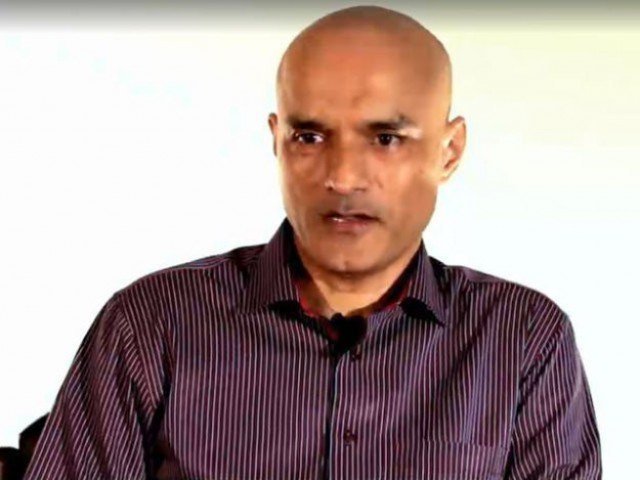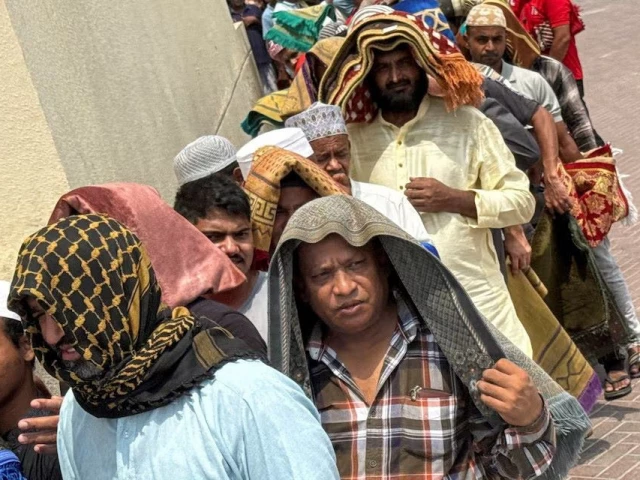Understanding Kautilya’s Silent War and Its Modern Implications
Kautilya, also known as Chanakya, is often hailed as one of India’s greatest thinkers. In his iconic text, Arthashastra, he delves into the intricacies of statecraft and governance. One aspect that stands out is his categorization of war into three types: open, concealed, and silent. The silent war, in particular, involves subtle, stealthy tactics designed to unseat opponents without overt aggression. Sound familiar? This ancient concept mirrors today’s so-called hybrid warfare, which blends deception, misinformation, and cyber tactics.
Recent reports have unveiled a complex web of espionage operations supposedly orchestrated by India, targeting both allies and adversaries. This intricate network, which includes members of the Indian diaspora, is said to collect crucial information that shapes public opinion and influences international relations. Even respected organizations like the Financial Action Task Force (FATF) have reportedly been affected by this covert campaign.
A comprehensive study by EU DisinfoLab titled India Chronicles unveils a sprawling operation that has been meticulously executed over 15 years. It exposes how a group known as the Srivastava Group, coupled with the amplifying force of ANI (Asian news International), has deliberately discredited nations like Pakistan and China to bolster India’s standing on the global stage. The operation reportedly involved revamping deceased media outlets and NGOs to propagate misinformation, creating more than 750 fake media entities focused on influencing Western narratives.
It’s interesting how India portrays itself as a proponent of peace and democracy, while evidence suggests that it has been linked to various terror organizations globally. Reports indicate that India has allegedly provided training to groups like the LTTE in Sri Lanka and even contributed to operations against rivals in Pakistan. These actions, wrapped in propaganda, blur the line between perceived peace and actual aggression.
On top of these clandestine operations, India’s strategy appears to extend to employing soft power to mask its military ambitions. Recent studies highlight India’s advancements in intercontinental ballistic missile (ICBM) technology, while internal reports claim that the nation is preparing for an extensive array of potential military capabilities that could change regional dynamics.
For neighboring countries like Pakistan, understanding these tactics is crucial. Pakistan maintains strong relations with global powers like the US and China, all while focusing on elevating its socio-economic landscape. The narrative built around India’s silent war demands vigilance and a proactive approach to diplomacy.
In this ever-evolving world of information and disinformation, staying informed is your best defense. Platforms like Pro21st offer insights tailored to help you navigate through complex geopolitical landscapes. If you’re curious about the intersections of history, politics, and current events, we’d love to connect!





